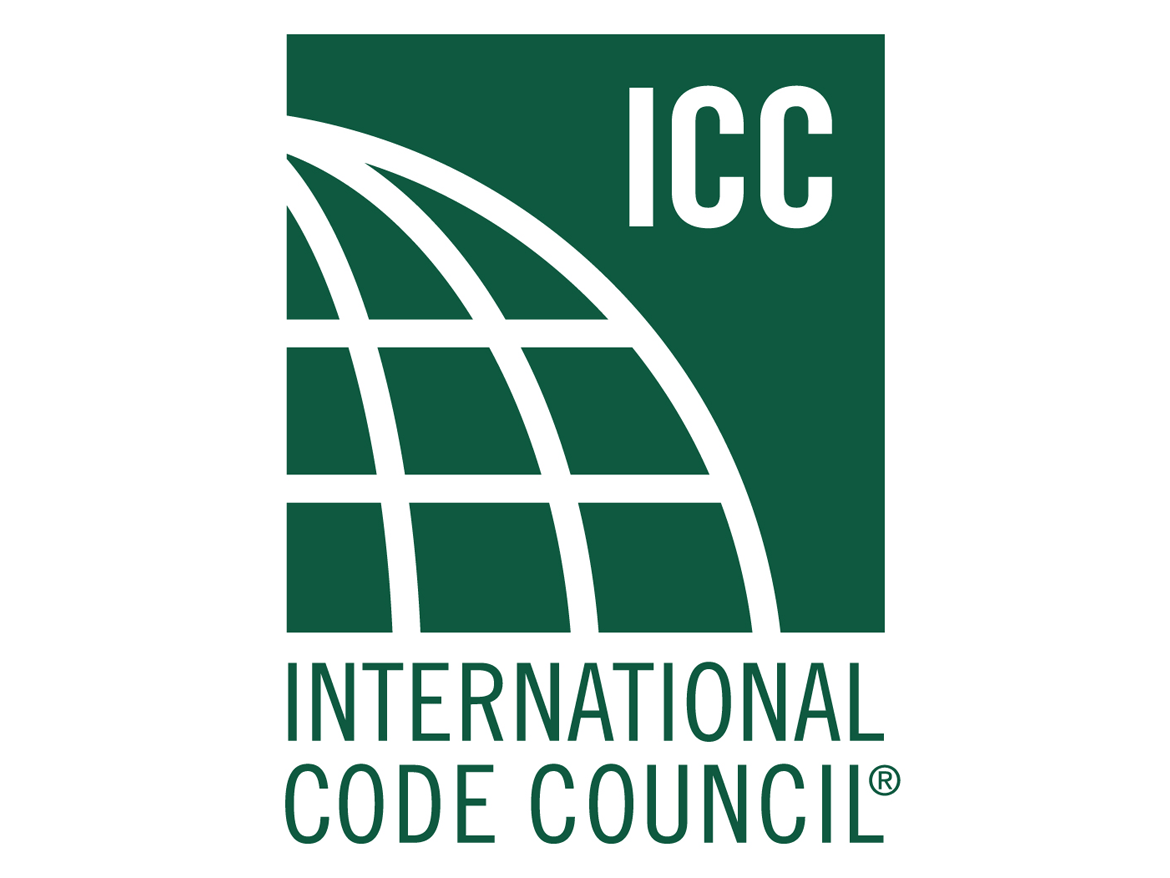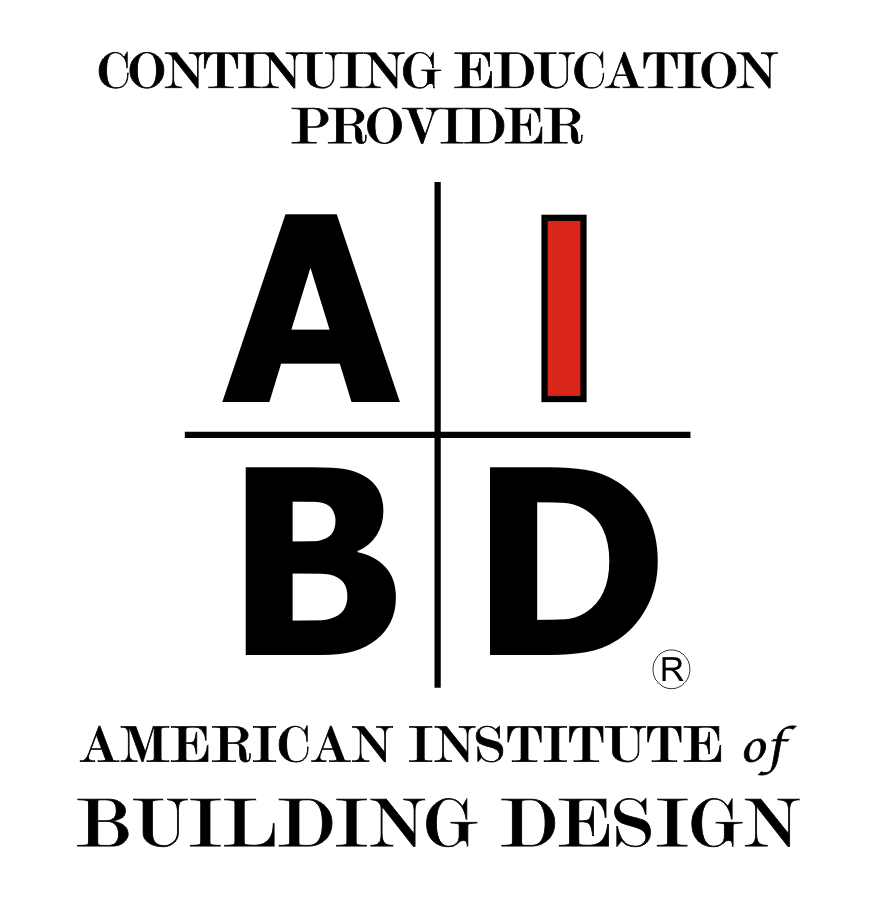
Gabriella Carrillo - Colectivo C733
Project 36 by 36 initiative
Sponsored by Architectural Record | Presented by Gabriella Carrillo
Listen into this conversation with architect Gabriela Carrillo discussing her team's ambitious "36 by 36" initiative—completing 36 architectural projects in 36 months in Mexico. Carrillo highlights the challenges and strategies of designing infrastructure in vulnerable communities, emphasizing flexibility, collaboration, and innovative use of local materials under tight budgets. The discussion explores the intersection of architectural design with social, cultural, and environmental contexts, reflecting on how these projects foster dignity and community empowerment through thoughtful spatial design. Carrillo also shares insights into balancing collaboration within a collective of architects, learning from mistakes, and adapting strategies for public spaces to meet evolving societal needs.

Photo courtesy of Architectural Record Rafael Gamo
Colectivo C733’s 36x36 Wins 2024 Obel Award
 |
Aaron Prinz is the host of the Design:ED Podcast and holds a Masters of Architecture degree from the University of Texas at Austin. He was born and raised in the rural Northern California town of Red Bluff, just two hours south of the Oregon border. After one year of college, Prinz relocated to San Francisco to pursue a career in stand-up comedy. At age 26, he began studying architecture at Portland State University while interning at Studio Petretti Architecture led by Amanda Petretti. His professional contributions while at Studio Petretti were focused on a portion of the new Multnomah County Courthouse which is a prominent addition to the Portland skyline. He currently resides in Austin, Texas with his wife Roxanne where he continues to work as a designer. |
LEARNING OBJECTIVES
- Comprehend the benefits and challenges of working within a collective to design and execute community-focused architectural projects under constrained timelines and budgets.
- Learn how to integrate local materials, community needs, and environmental conditions to create adaptable and dignified public spaces that reflect and respect their cultural and social contexts.
- Explore methods for adapting architectural designs in response to logistical, financial, and environmental constraints, with an emphasis on achieving efficient and impactful outcomes.
- Examine how architecture can address pressing societal issues such as access to resources, inclusion, and sustainability, fostering dignity and resilience in underserved communities.











